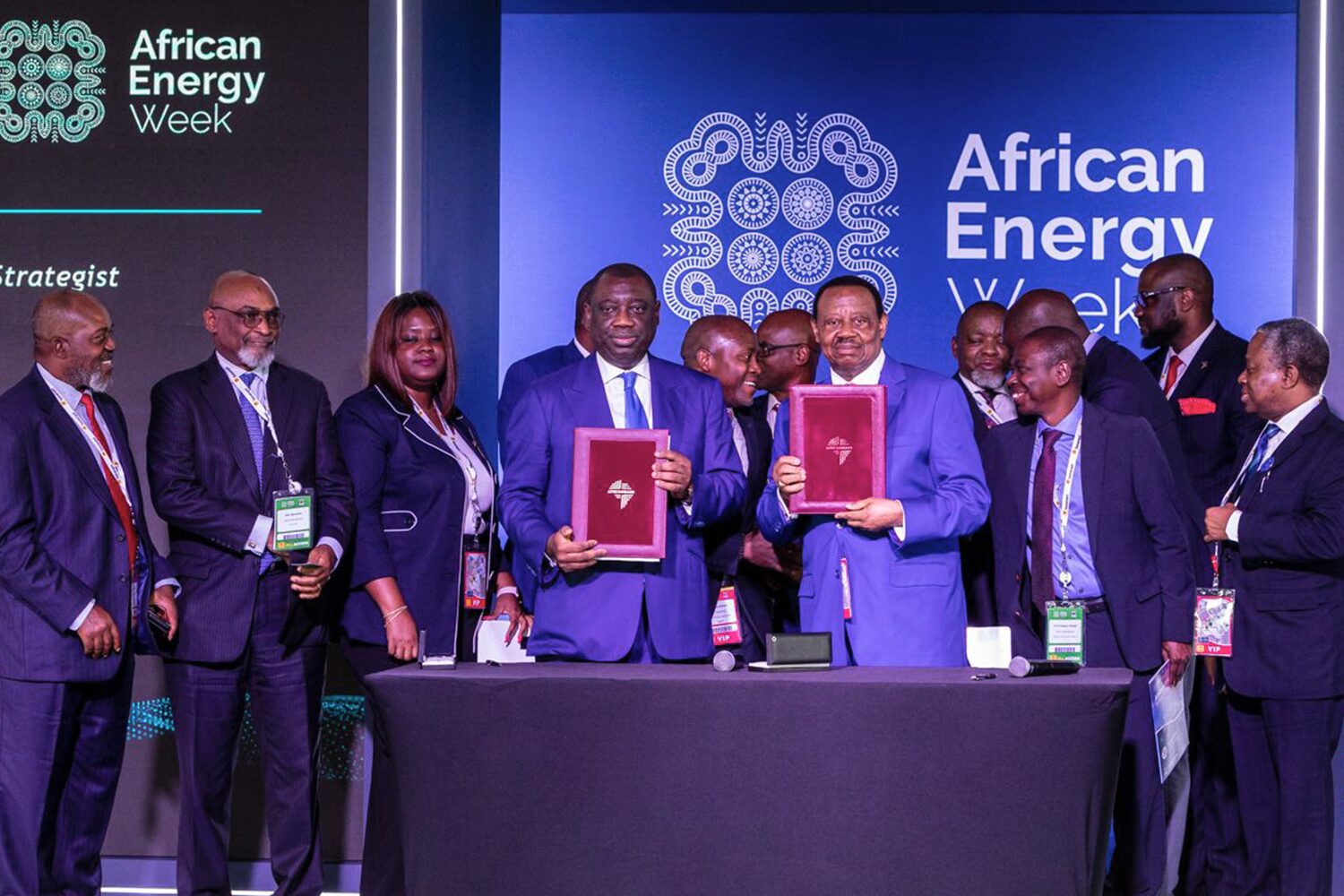 While developed nations are calling for an immediate (and unrealistic) shift to a renewable energy future, African governments and stakeholders continue to work towards making energy poverty history across the continent. With over 600 million people living without access to electricity and over 900 million without access to clean cooking solutions, abandoning coal and its associated power generation infrastructure will cause detrimental impacts on African society while reversing any meaningful progress made to develop African economies.
While developed nations are calling for an immediate (and unrealistic) shift to a renewable energy future, African governments and stakeholders continue to work towards making energy poverty history across the continent. With over 600 million people living without access to electricity and over 900 million without access to clean cooking solutions, abandoning coal and its associated power generation infrastructure will cause detrimental impacts on African society while reversing any meaningful progress made to develop African economies.
Coal has long-played an important role in the energy mix of various African countries. Serving as an important baseload power source, sizeable domestic deposits and growing regional demand have led to countries such as South Africa, Zimbabwe, Botswana and more turning to coal to fuel economic growth and resilience. Coal itself represented 28% of Africa’s total electricity generated in 2021. Despite this, coal remains a highly controversial topic, with global stakeholders criminalizing the resources despite the crucial role it plays in powering economies.
Even in the face of a global energy crisis, developed countries in Europe – despite pressuring African states to abandon the resource – also turned to coal to power their economies, a testament to its significance, even in the energy transition climate. Germany, for example –representing the eight biggest coal producer and fourth biggest consumer globally – increased its coal imports by 12% last year in the face of the Russian-Ukraine conflict. In the same year, the UK approved the first new coal mine in nearly 30 years. However, these same countries state that coal has no future in Africa.
 Africa does not have the privilege to simply abandon coal. The resource serves as one of the biggest baseload power sources for a number of countries continent-wide, and abandoning this source would result in no available energy to power healthcare, education, business, transport, and every other sector of the economy. South Africa, for example, relies on coal for 80% of its energy needs. Even though this reliance is expected to decrease as other power alternatives come online, by 2030, the resource will still account for 65% of the energy mix. Facing infrastructure breakdowns due to lack of investment in coal-power stations, South Africa now experiences blackouts of more than ten hours a day, a tragic situation given the 53 billion tons of coal reserves available in the country. Notwithstanding power supply, the coal industry employed over 93,000 people and contributed R480 billion to South Africa’s GDP in 2021. Abandoning coal would not only remove a viable power supply but worsen unemployment rates and stifle economic progress.
Africa does not have the privilege to simply abandon coal. The resource serves as one of the biggest baseload power sources for a number of countries continent-wide, and abandoning this source would result in no available energy to power healthcare, education, business, transport, and every other sector of the economy. South Africa, for example, relies on coal for 80% of its energy needs. Even though this reliance is expected to decrease as other power alternatives come online, by 2030, the resource will still account for 65% of the energy mix. Facing infrastructure breakdowns due to lack of investment in coal-power stations, South Africa now experiences blackouts of more than ten hours a day, a tragic situation given the 53 billion tons of coal reserves available in the country. Notwithstanding power supply, the coal industry employed over 93,000 people and contributed R480 billion to South Africa’s GDP in 2021. Abandoning coal would not only remove a viable power supply but worsen unemployment rates and stifle economic progress.
In neighboring countries this scenario is remarkably similar. Botswana relies on coal for 80% of its power needs while coal makes up 29% of Zimbabwe’s energy mix, a figure expected to increase as hydropower becomes increasingly unreliable. What kind of future, therefore, can we imagine if we abandon this resource?
Organization’s such as the World Coal Association recognize the role the resource plays in electrifying and industrializing economies. Committed to shaping a sustainable future for coal, the organization is spearheading various initiatives that aim to advance innovations in technology and sustainable coal practices. For Africa, these initiatives will be key for helping countries utilize coal in a sustainable manner.
During the continent’s premier event for the energy sector, African Energy Week (AEW) – taking place from October 16-20 this year in Cape Town – a panel discussion will explore the critical role coal continues to play in powering Africa’s economies. The session will be led by experts from across the regional and global energy sectors and will provide insight into the benefits of the resources, the measures being undertaken to promote sustainability and what the future for coal-fired power generations looks like in Africa.
“What the world is failing to understand, is that coal represents a vital part of Africa’s energy mix. If we were to abandon coal, countries such as South Africa, Zimbabwe, Zambia, Botswana and many others would be left in the dark, with no energy to power industry, provide electricity and support the economy. Access to energy is a human right: eliminating coal from Africa’s energy mix is infringing on that very right. The Chamber will continue to advocate for the role of coal in Africa. Yes, we understand that in order to protect the climate we need to transition to cleaner energy sources. But this transition must be strategic, gradual and take into consideration the needs of the economy. During AEW 2023, we will host a discussion on the role of coal in Africa and look forward to the various insights which will be provided,” states NJ Ayuk, Executive Chairman of the African Energy Chamber (AEC).

























































Discussion about this post